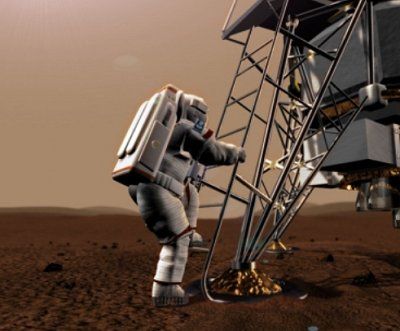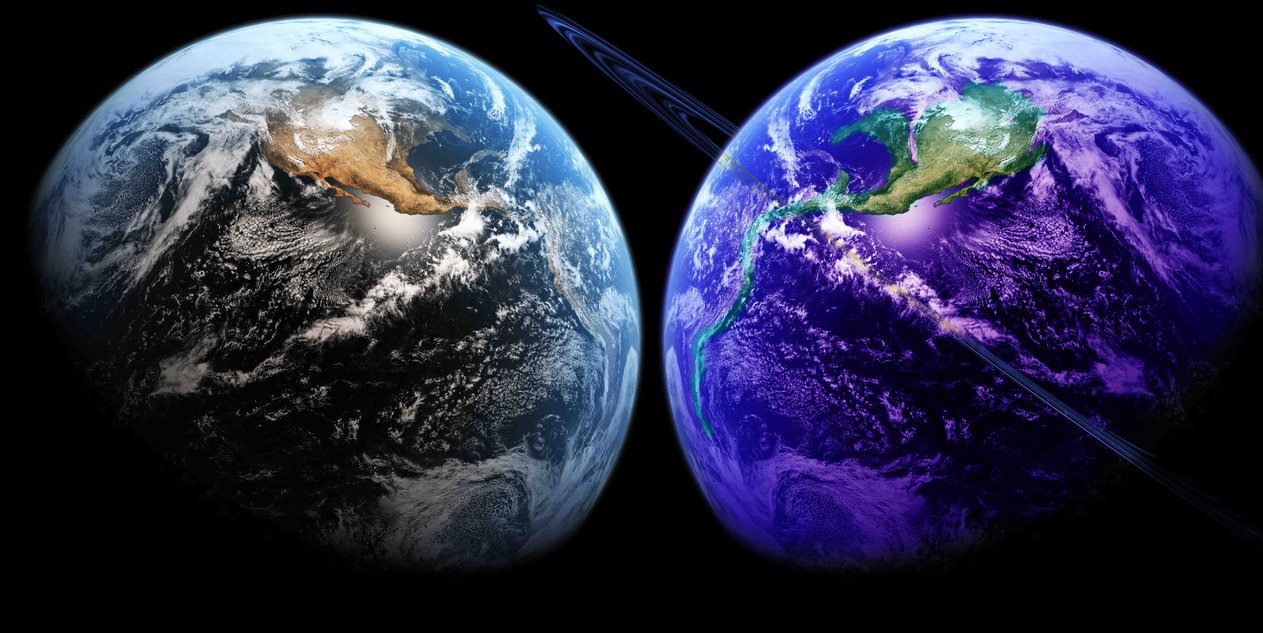In the early 1600’s, The Dutch set up The Dutch East Indies Company in Batavia, now part of Indonesia, as a way to control East Indies spice trade which was extremely profitable. As a part of that endeavor they launched exploration of the much of the world.
Dutch explorers Willem Janszoon and seperately Dirck Hartog were the first Europeans to map parts of the coast of Australia.
First director of the Dutch East India Company, Peter Minuit is famous for the purchase of the island of Manhattan in 1631
Abel Janszoon Tasman is immortalised in the name of one of his discoveries, Tasmania, also discovered New Zealand, Tonga and the Fiji Islands. Today the tradition of the Dutch explorers is alive and well.
‘We will send humans to Mars in 2023. They will live there the rest of their lives.’
– Mars One founder Bas Lansdorp

This is not a particularly new idea. When landing on the Moon was first discussed it was considered too costly and complicated to send a return vehicle. The idea was that we would land men on the surface with sufficient provisions to survive while a return vehicle was constructed to be sent at a later date.
Lansdorp, the 35-year-old founder of Mars One, told FoxNews.com his company is serious about a one-way mission. The company will hold a worldwide lottery next year to select 40 people for a training team. They will then set up a mock colony in the desert, possibly somewhere in the U.S., for three months. This initial team will be reduced to ten crew members.
At least they are taking the process seriously and planning to choose among those most deserving to go. I am certain they could at least find crews of the quality of Finding Bigfoot, or Paranormal State!
To help fund the project, Lansdorp says there could be a reality show based on the selection process and test colony. Paul Römer, the co-founder and executive producer of the show “Big Brother,” is an adviser for Mars One. Other advisers include Nobel Prize winner Dr. Gerard ‘t Hooft and Brian Enke, an analyst at the Southwest Research Institute in Boulder, Colo., who studies space missions.
During WWI aircraft were considered too expensive to waste, which is why despite the fact that the parachute was first used in 1783, some 131 years before the start of the war, pilots were not issued this simple option of self preservation. It was only much later that the idea that a plane can be built, and will always be improved upon mechanically but a skilled pilot takes years of training and can pass along valuable experience which can come from nowhere else caused a shift in concern for the life of the pilot.
“Over those next ten years, NASA has planned a series of highly complex robotic missions to return a small sample of Martian regolith back to Earth. The cost of these missions will easily exceed $5 billion. When judged in terms of cost-benefit ratio or chances of mission success, these uber-expensive and risky robotic missions now have a hard time competing with simplified human missions,” says Enke.
Enke and Lansdorp both argued that a human can explore in a way a robot can’t. There’s a six-minute delay between communications from Earth to the robot, so the robots would need to be highly autonomous and pre-programmed. Yet, a human can make decisions and judgments as needed.
I am all for the exploration of the solar system, but I find something fundamentally wrong with valuing the results more highly than the lives of those who garner those results. Okay, they are volunteers just as the early explorers of Earth were, but in exploration of the Earth it was not difficult to have certain expectations of what you would find: trees, air, people, food. It may have been considered the “Unknown” but there could really not be anything so new to our experience even of those relatively primitive days, and while there were certainly dangers involved none were so insurmountable as having no way to return home short of the known risks of storms and irritable indigenous peoples.
There have always been people who were willing to put their own lives on the line for a greater purpose. In this case what that greater purpose comes down to is the bottom line. There may come a day when exploration of the solar system will be the keystone to survival of the human species, but we have to be worthy or survival of the process is for naught.
3 comments




